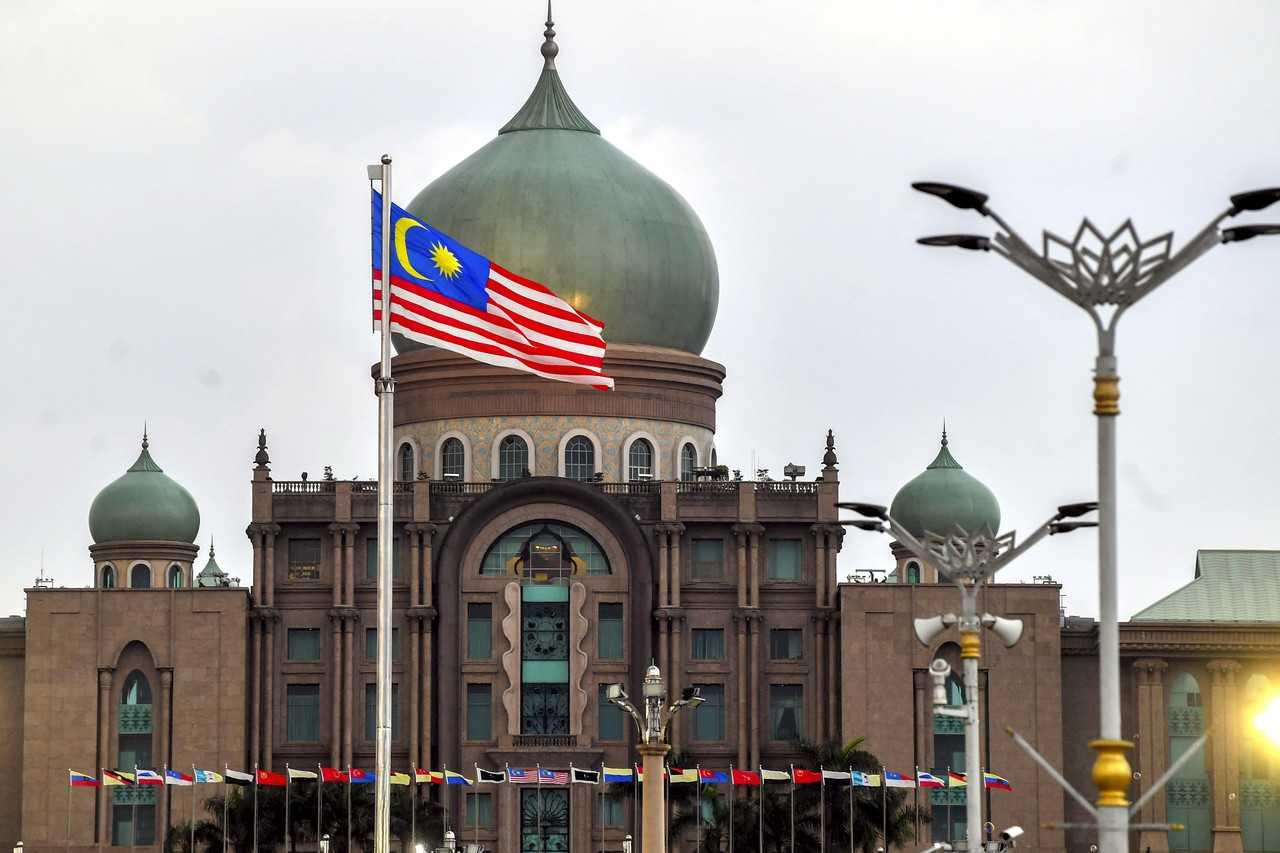Putrajaya shifts to austerity drive to cope with rising subsidies
Cutbacks on government programmes and limits on civil service allowances are among the measures laid out.
Just In
With the cost of subsidies and assistance expected to reach RM77.7 billion – more than double the amount earmarked in the 2022 budget – Putrajaya is gearing up for a slew of austerity measures including cutbacks on government programmes and in the procurement of assets such as furniture and official vehicles.
In a circular dated July 14, issued to the heads of ministries and departments, Putrajaya said new limits would also be placed on civil service allowances and recruitment for government positions.
The finance ministry, in the circular signed by treasury secretary-general Asri Hamidon, listed out guidelines on expenditure and the financial conduct of government agencies, saying they were geared towards "optimising government spending".
It said the government had spent a total of RM530 billion in response to the economic impact of Covid-19, but that global uncertainty and geopolitical tension had pushed inflation and the prices of food and commodities.
It said this left the government with no choice but to implement subsidies and price controls for essential goods, including fuel, cooking oil, electricity and chicken.
"Expenditure for aid and subsidies is projected to reach RM77.7 billion, compared to the RM31 billion approved in Budget 2022. As such, the government should implement cost-saving measures to help fund part of the additional subsidy-related expenditure for the welfare of the people," the circular said.
The measures cover operation costs for ministries, departments, agencies, statutory bodies and government companies, which will require the relevant officers to reevaluate activities and programmes.
The guidelines also prohibit the creation of new job positions, unless they can be filled through the redeployment of staff "and without the implication of additional funds".
New positions in critical sectors such as education, health, security and revenue collection can only be created under tight supervision.
In the meantime, the government will also bar the formation of any new entities or companies.
Staff overtime pay will likewise be subjected to tighter scrutiny to ensure that the job in question is "really important".
The outstation transfer of officers and official travel within the country will be limited to essential tasks, while allowing officers to purchase the cheapest economy-class flight tickets available instead of the current requirements.
Several strict conditions have also been imposed for overseas travel, including the number of participants to foreign summits. In the event of such trips, officers are allowed to book accommodation based on the most affordable prices.
The launch of campaigns or promotions, meanwhile, must be appropriate to the target group and officials must ensure that these bring in returns for the government.
Ministries, departments and agencies are also encouraged to hold such events online to cut costs instead of organising performances or roadshows.
Sponsorship programmes and advertisements must likewise be reduced and reviewed once their contracts end.
To reduce development expenditure, projects for which the procurement process has yet to begin must be reevaluated in terms of priority, with non-priority projects postponed unless they will have a direct impact on public well-being.
Ministries, departments and agencies must also monitor the progress of projects to ensure that they are completed within the stipulated period.
The purchase and procurement of imported materials will not be allowed unless the items in question cannot be locally sourced and must be imported as a matter of urgency. In such cases, approval must be obtained from the finance ministry ahead of time.
All statutory bodies and subsidiaries meanwhile must prioritise domestic investments, with approval also required for investments that involve the outflow of money abroad.
Subscribe to our newsletter
To be updated with all the latest news and analyses daily.
